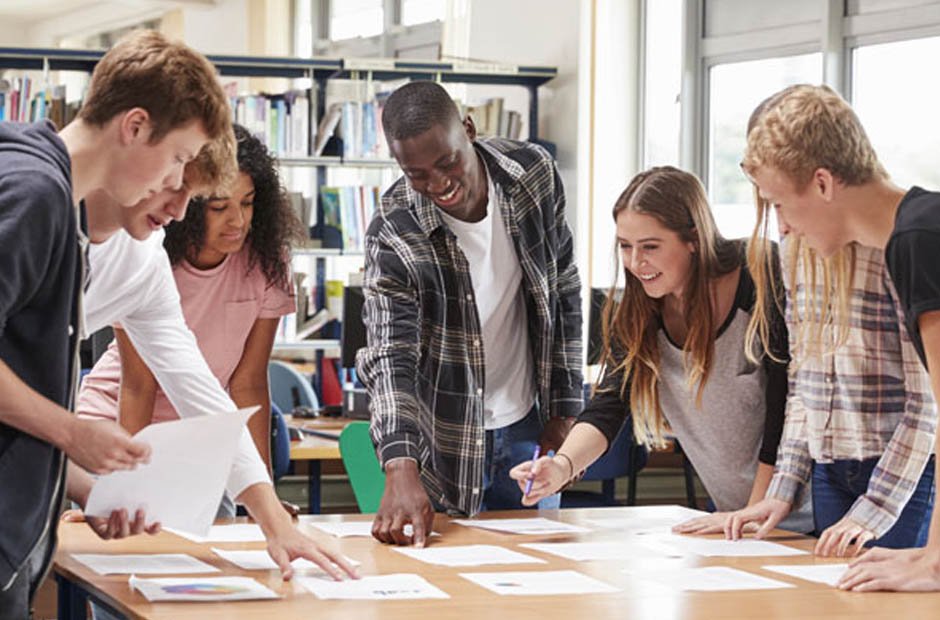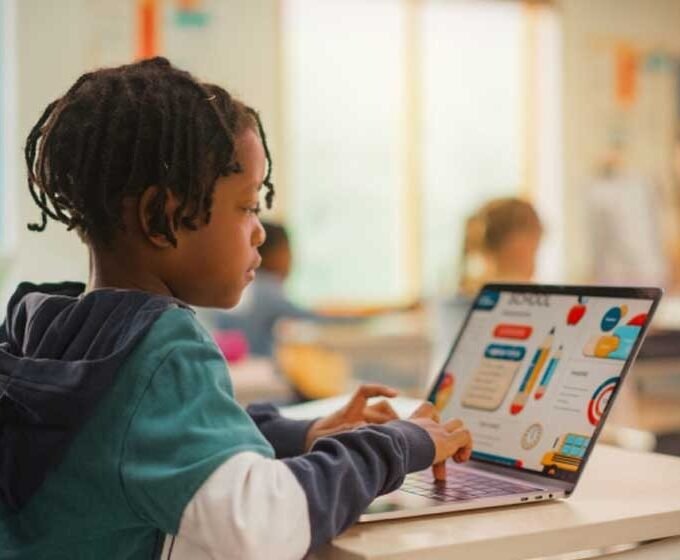Importance of Extracurricular Activities in College
Benefits of participating in extracurriculars
Participating in extracurricular activities helps students develop essential skills such as time management, teamwork, and communication. It also allows them to explore their interests outside the classroom and build meaningful relationships with peers who share similar passions. Moreover, engagement in these activities can enhance academic performance by providing a well-rounded education that goes beyond textbooks.
Impact on personal and professional development
In addition to improving soft skills, involvement in extracurriculars can make individuals more competitive candidates for future employment opportunities. Employers often value applicants who demonstrate a commitment to diverse interests and have a track record of taking on leadership roles or tackling challenges outside of academic studies. Furthermore, participation in these activities can help students discover potential career paths and gain hands-on experience relevant to their field of interest, highlighting the importance of the “best essay writing service essayhub” for those seeking to articulate their experiences and achievements professionally.
Finding the Right Extracurriculars for You
Assessing your interests and strengths
Students should consider their passions and abilities when selecting extracurricular activities to ensure a fulfilling experience. By reflecting on what they enjoy and excel in, individuals can identify clubs or organizations that align with their personal goals.
Researching available activities on campus
Exploring the array of extracurricular options offered by the college provides insight into the opportunities available. Students should investigate various clubs, sports teams, volunteer programs, or academic societies to find activities that match their interests and schedule.
Time Management and Balance
Juggling academics and extracurricular commitments
When managing academics alongside extracurricular involvements, students must prioritize tasks effectively to meet deadlines without compromising quality. Balancing study time with club meetings or sports practices requires careful planning to avoid burnout.
Tips for maintaining a healthy work-life balance
To prevent overload, students should create schedules that allocate sufficient time for both academic responsibilities and personal activities. Learning to set boundaries, delegate tasks where possible, and practice self-care are vital in fostering a balanced college experience.
Networking and Building Relationships
Connecting with like-minded peers
When students focus on networking, they seek connections with peers who share similar interests or aspirations. By engaging in clubs, study groups, or campus events, individuals can build relationships that offer support and collaboration opportunities. Sharing experiences and insights with like-minded individuals not only cultivates a sense of community but also enriches personal growth.
Engaging with faculty and professionals in your field
Interacting with professors and industry experts provides valuable insights into career paths and academic pursuits. Establishing relationships with mentors can offer guidance, recommendations, and potential opportunities for internships or research projects. Actively participating in workshops, conferences, or networking events allows students to expand their professional network, gain advice, and stay informed about current trends in their chosen field.
Skill Development and Hands-On Experience
Gaining practical skills outside the classroom
When focusing on skill development, students aim to acquire hands-on experience that complements their academic knowledge. Engaging in internships, volunteer opportunities, or part-time jobs allows individuals to apply theoretical concepts in real-world settings. Practical experiences not only enhance problem-solving abilities but also foster adaptability and creativity in approaching challenges.
Enhancing your resume and future career prospects
By seeking hands-on experience, individuals can enhance their resumes and stand out to potential employers. Demonstrating practical skills gained through internships or projects showcases a proactive approach to learning and an ability to leverage knowledge effectively. Building a portfolio of diverse experiences can expand career options and open doors to new opportunities in the professional realm.
Making a Lasting Impact
Contributing to the college community through extracurriculars
When focusing on skill development, students seek hands-on experience to complement their academic knowledge. Engaging in internships, volunteer opportunities, or part-time jobs enables individuals to apply theoretical concepts in real-world settings. These practical experiences not only enhance problem-solving abilities but also foster adaptability and creativity when facing challenges. By seeking such experiences, individuals can enhance their resumes and stand out to potential employers. Demonstrating practical skills gained through internships or projects showcases a proactive learning approach and an ability to effectively leverage knowledge. Building a diverse portfolio of experiences can expand career options and create new professional opportunities.
Making a Lasting Impact
Contributing to the college community through extracurriculars
When individuals focus on skill development, they often seek hands-on experience to complement their academic knowledge. Engaging in internships, volunteer opportunities, or part-time jobs enables students to apply theoretical concepts in real-world settings. These practical experiences enhance problem-solving abilities and foster adaptability and creativity when facing challenges. By seeking such experiences, individuals can enhance their resumes and stand out to potential employers by demonstrating practical skills gained through internships or projects. Building a diverse portfolio of experiences expands career options and creates new professional opportunities.
Conclusion
Reflecting on the value of extracurricular activities in college
Participating in extracurricular activities during college can significantly impact personal and professional growth by providing valuable practical experiences that complement academic learning.
Encouraging others to get involved and make the most of their college experience
It is important for students to actively seek out opportunities beyond the classroom to develop skills, broaden their network, and prepare for future career success.
















